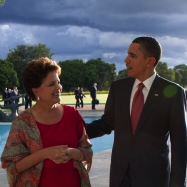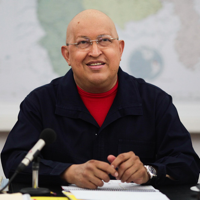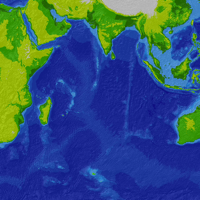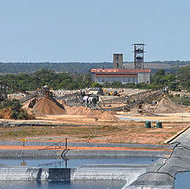
Recent developments in South America have upended the United States’ historical — and often misguided — tendency to lump the region into a one-size-fits-all policy. A politically and economically muscular Brazil, the rise of an anti-American bloc of countries led by Venezuela, and the emergence of economic and even political extraregional rivals in the hemisphere have created a more diverse, independent and contentious region for the United States. At the same time, the looming shadow of a double-dip U.S. recession and the spectacle of partisan intransigence leaving Washington paralyzed have led to an overwhelming impression across the region that the […]



